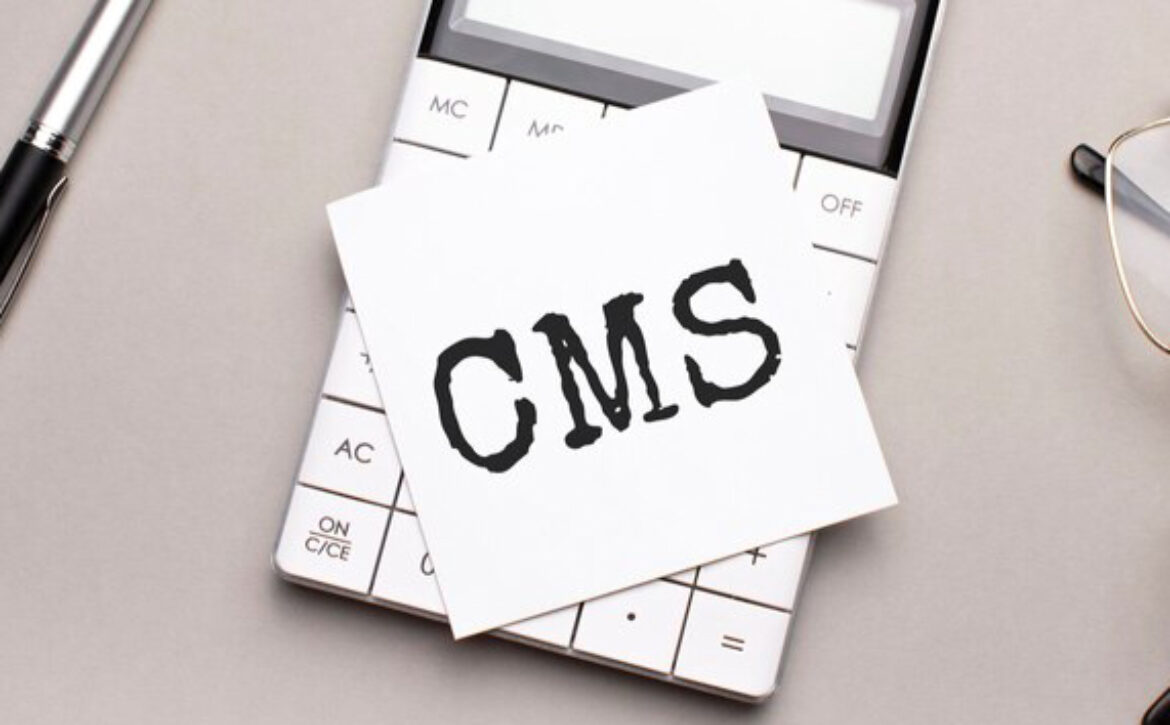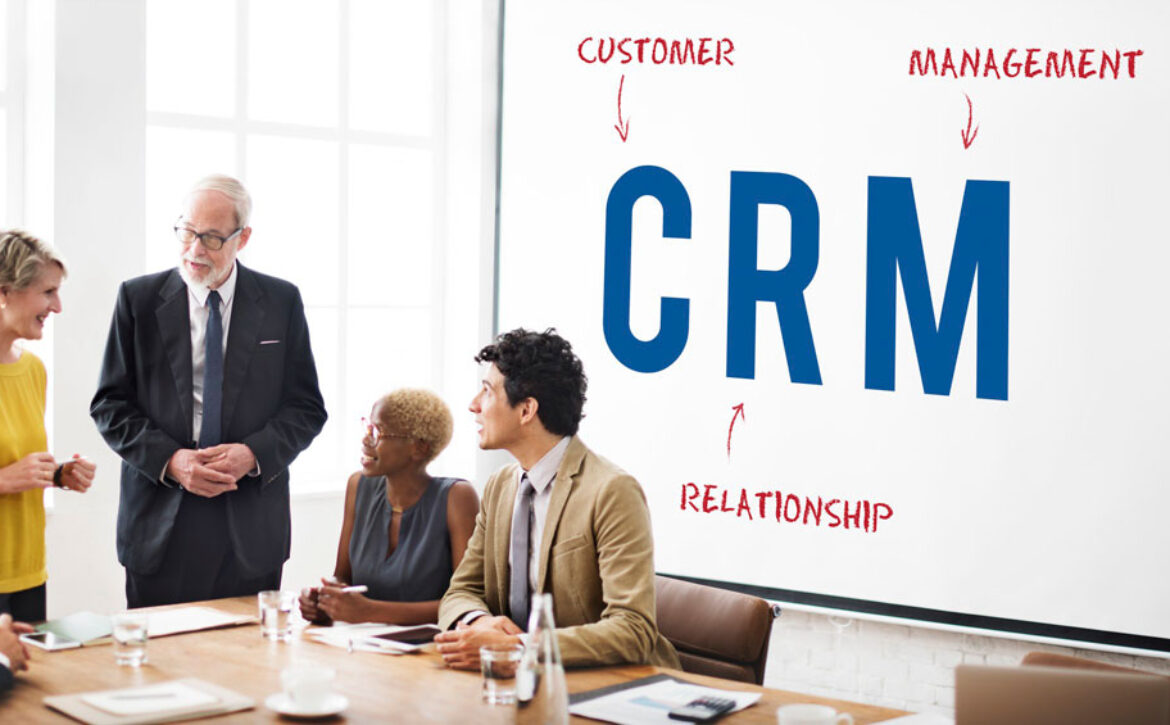
Importance of CRM In Various Industry’s and Departments
We’ll be exploring the importance of CRM in various industry’s and departments. In a rapidly evolving world, it’s important to understand the tools at your disposal to enhance the growth of an organization, at any scale, regardless of the industry its in. A select number of industry’s and departs are analyzed below;
CRM in Sales and Marketing
The importance of CRM can’t be overstated in sales and marketing activities. It helps businesses streamline their sales processes, track leads, and improve customer targeting. CRM also enables marketing teams to create personalized campaigns, nurture leads, and measure campaign effectiveness.
In the sales domain, CRM allows sales teams to:
- Manage and track leads throughout the sales pipeline.
- Analyze customer interactions and behaviors to identify potential opportunities.
- Automate tasks, such as follow-ups, reminders, and proposal generation.
- Collaborate and share information among team members for better coordination.
- Generate sales reports and forecasts for informed decision-making.
In the marketing domain, CRM enables marketing teams to:
- Segment customer data for targeted campaigns.
- Automate email marketing, lead nurturing, and customer engagement.
- Measure campaign performance and track ROI.
- Personalize marketing messages based on customer preferences and behaviors.
- Analyze customer data to identify trends and refine marketing strategies.
- CRM in sales and marketing empowers businesses to align their efforts, increase efficiency, and drive revenue growth.
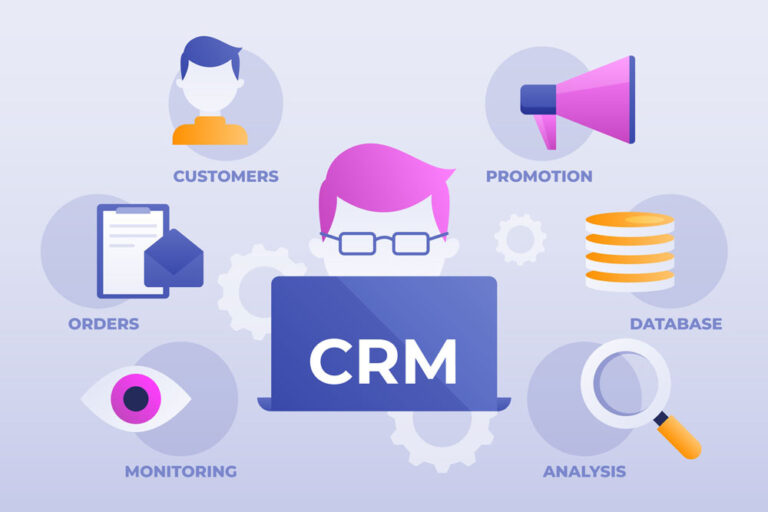
CRM in Customer Service
Customer service is another critical department highlighting the importance of CRM. It enables businesses to provide exceptional support and address customer queries and issues effectively. CRM systems equipped with customer service management features offer the following benefits:
- Centralized Customer Information: CRM consolidates customer data, including communication history, purchase history, and preferences. This allows customer service representatives to access relevant information quickly, providing personalized and efficient support.
- Case Management: CRM systems facilitate case management, enabling customer service teams to track and manage customer inquiries and issues. Cases can be categorized, prioritized, and assigned to the appropriate team members for resolution.
- Knowledge Base Management: CRM systems often include a knowledge base feature where businesses can store and organize frequently asked questions, troubleshooting guides, and best practices. This empowers customer service representatives to access relevant information and provide accurate solutions to customers.
- Customer Self-Service Portals: CRM systems can offer self-service portals where customers can find answers to common questions, access account information, or initiate support requests. Self-service options reduce the workload on customer service teams and provide customers with convenient solutions.
- Ticketing and Escalation: CRM systems facilitate ticketing and escalation processes. Tickets can be created for customer inquiries, and workflows can be set up to ensure timely responses and escalations when necessary.
- Communication Channels Integration: CRM systems integrate with various communication channels, such as email, phone, live chat, and social media. This allows customer service representatives to handle customer interactions seamlessly across multiple channels.
CRM in customer service enhances customer satisfaction by ensuring prompt and personalized support. It enables businesses to resolve issues efficiently, track customer interactions, and provide consistent experiences.
CRM in E-commerce
In the e-commerce industry, CRM plays a crucial role in managing customer relationships and driving sales. CRM systems tailored for e-commerce offer the following functionalities:
- Customer Segmentation: CRM enables businesses to segment their customer base based on various criteria, such as demographics, purchase history, or browsing behavior. This segmentation allows businesses to personalize marketing messages and offers to specific customer segments, increasing engagement and conversions.
- Cart Abandonment Management: CRM systems can track cart abandonment instances and send automated follow-up emails to remind customers to complete their purchases. These reminders can include personalized incentives or recommendations to encourage customers to finalize their orders.
- Order and Shipment Tracking: CRM systems integrated with e-commerce platforms provide real-time visibility into order and shipment statuses. Customers can access their order information, track shipments, and receive updates, improving transparency and customer satisfaction.
- Customer Loyalty Programs: CRM systems facilitate the implementation of customer loyalty programs, allowing businesses to reward customers for their repeat purchases or referrals. Loyalty programs help businesses foster customer loyalty and drive customer retention.
- Customer Reviews and Feedback Management: CRM systems can collect and manage customer reviews and feedback. This enables businesses to monitor customer sentiment, address concerns, and make improvements based on customer input
CRM in e-commerce empowers businesses to deliver personalized shopping experiences, improve customer retention, and increase sales conversion rates.
CRM in Healthcare
The significant importance of CRM in the healthcare industry focuses on patient relationships and care coordination. Healthcare CRM systems offer the following benefits:
- Patient Relationship Management: CRM systems help healthcare providers build and manage relationships with patients. They consolidate patient information, including medical history, appointments, and communication preferences. This allows healthcare providers to deliver personalized care and engage patients effectively.
- Appointment Scheduling and Reminders: CRM systems enable patients to schedule appointments online and receive automated reminders via email or text messages. This reduces no-show rates and improves appointment adherence.
- Patient Communication and Engagement: CRM facilitates communication between healthcare providers and patients. It allows for secure messaging, sharing of test results, educational materials, and follow-up instructions. Patients can also access their health records and engage in tele-health consultations.
- Referral Management: Healthcare CRM systems streamline the referral process by capturing and tracking referrals from primary care providers to specialists or other healthcare professionals. This ensures efficient coordination of care and timely communication between healthcare providers.
- Campaign Management: CRM systems assist healthcare organizations in managing marketing campaigns to promote health services, preventive care, or community outreach initiatives. Targeted campaigns can be created to reach specific patient populations based on demographics, medical conditions, or previous interactions.
- Analytics and Reporting: CRM systems in healthcare generate insights and reports on patient demographics, utilization patterns, and patient satisfaction. These analytics help healthcare organizations identify trends, measure outcomes, and make data-driven decisions to improve patient care and operational efficiency.
CRM in healthcare enhances patient engagement, improves care coordination, and enables healthcare providers to deliver personalized and efficient services.
CRM in Banking and Finance
CRM has become an essential tool for the banking and finance industry to manage customer relationships, enhance customer experiences, and drive customer loyalty. The importance of CRM systems capabilities, designed for banking and finance include the following;
- Customer Onboarding and Account Management: CRM systems streamline the customer onboarding process, capturing necessary information, and automating account setup. They enable banks and financial institutions to manage customer accounts, track interactions, and provide personalized financial solutions.
- Cross-Selling and Upselling: CRM systems help identify cross-selling and upselling opportunities by analyzing customer data and behavior. Banks can leverage this information to offer targeted financial products and services based on customer needs and preferences.
- Relationship Management: CRM systems allow relationship managers in banking and finance to maintain a comprehensive view of their clients. They can track customer interactions, record meeting notes, and collaborate with other teams to deliver exceptional service and tailored financial advice.
- Customer Service and Support: CRM systems facilitate customer service and support functions in the banking and finance industry. They centralize customer inquiries, automate case management, and provide customer self-service options for basic inquiries or account management tasks.
- Compliance and Risk Management: CRM systems in banking and finance often include features to ensure compliance with regulatory requirements and mitigate risks. They can track customer interactions, document compliance activities, and generate reports for audits or regulatory purposes.
CRM in banking and finance improves customer engagement, enables targeted marketing, and assists financial institutions in delivering personalized financial solutions.
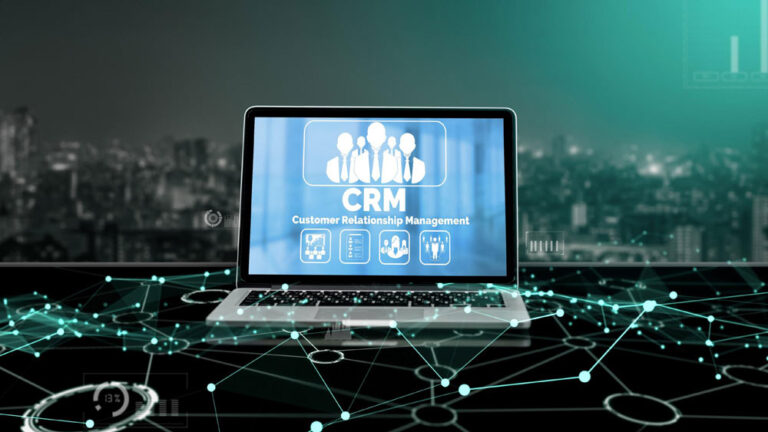
CRM in Hospitality
The importance of CRM in the hospitality industry has be transforming. By enabling hotels, resorts, and hospitality businesses to provide personalized guest experiences and foster customer loyalty. Hospitality CRM systems offer the following functionalities:
- Guest Profile Management: CRM systems capture and store guest information, including preferences, special requests, and previous interactions. This allows hospitality businesses to deliver personalized experiences and tailor services to individual guest needs.
- Reservation and Booking Management: CRM systems facilitate reservation and booking processes, allowing guests to make reservations online or through various channels. Integration with property management systems ensures accurate availability and real-time booking updates.
- Loyalty Program Management: CRM systems in the hospitality industry manage loyalty programs to reward repeat guests and encourage customer retention. They track loyalty program memberships, points, and offer personalized incentives or perks to loyal customers.
- Guest Communication and Engagement: CRM systems enable personalized guest communication before, during, and after their stay. Automated emails, personalized recommendations, and post-stay feedback collection enhance guest satisfaction and nurture long-term relationships.
- Revenue Management: Hospitality CRM systems provide insights into guest spending patterns, preferences, and revenue generation. This data helps businesses optimize pricing, upsell services, and identify revenue opportunities.
CRM in the hospitality industry enhances guest satisfaction, drives repeat business, and enables hotels and resorts to deliver memorable guest experiences.
Conclusion
By leveraging CRM systems, businesses can gain valuable insights into customer behavior, personalize interactions, and optimize their marketing and sales strategies. Whether in sales, marketing, customer service, e-commerce, healthcare, banking, or hospitality, CRM empowers businesses to build strong customer relationships, foster loyalty, and stay competitive in today’s dynamic marketplace.

